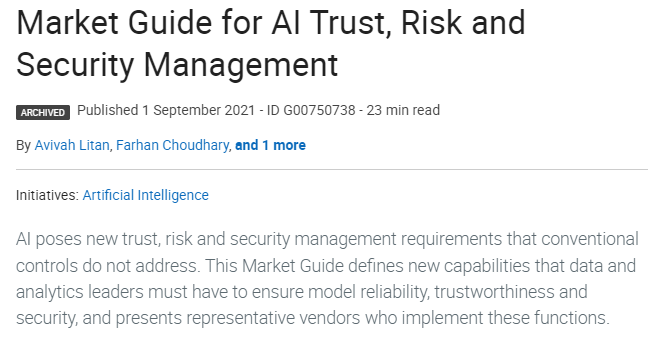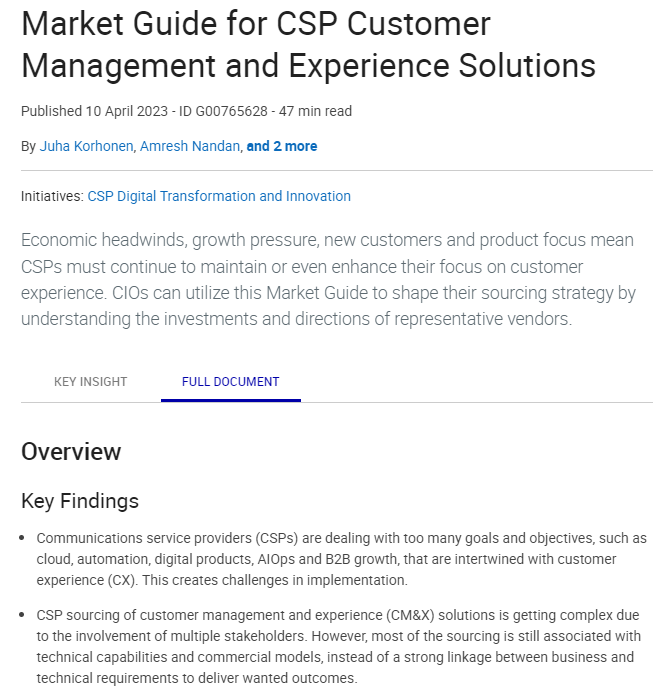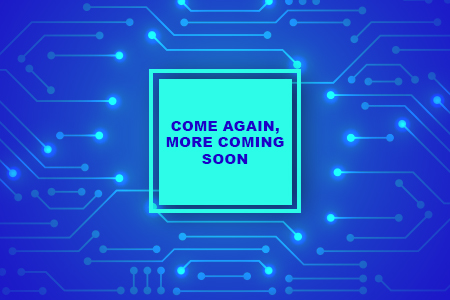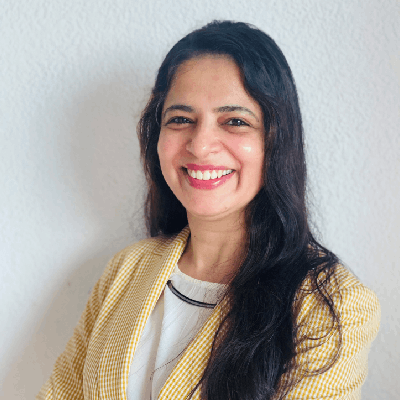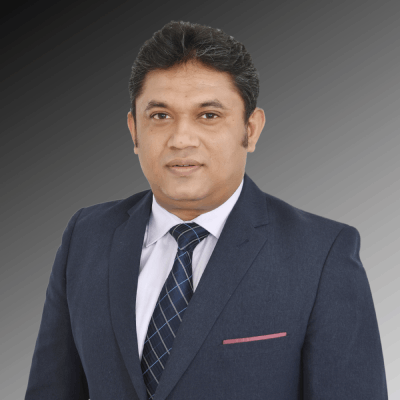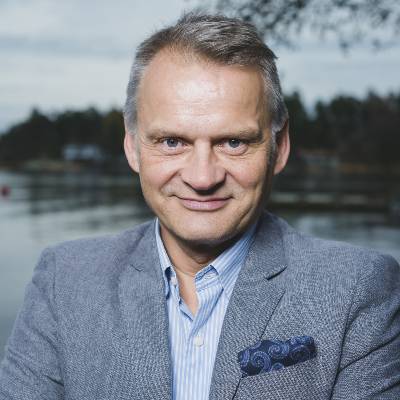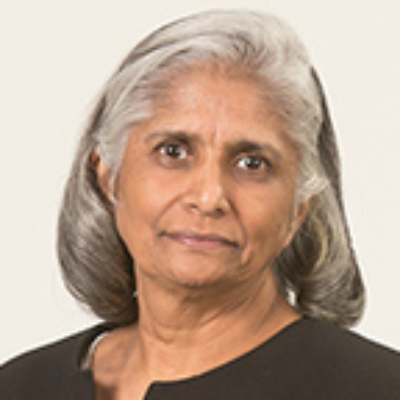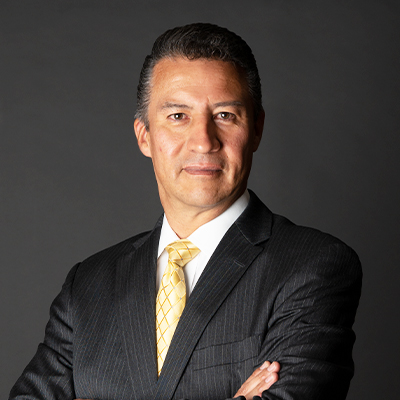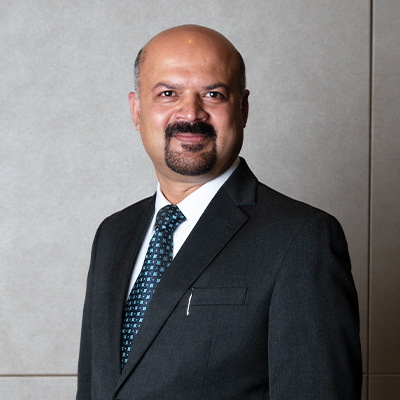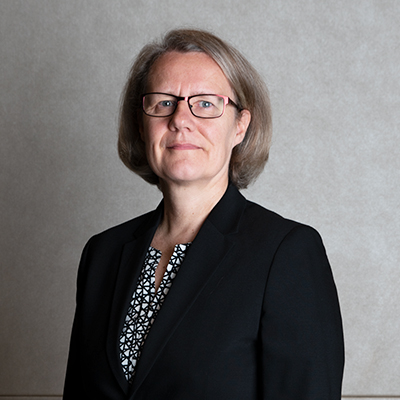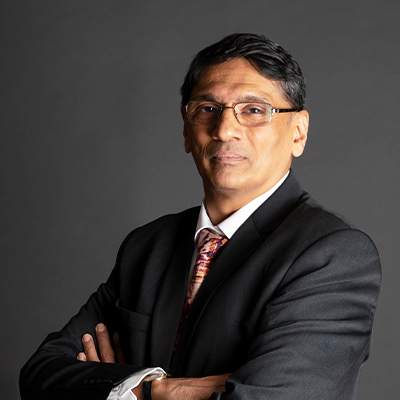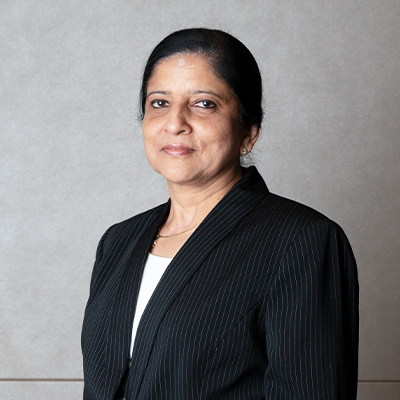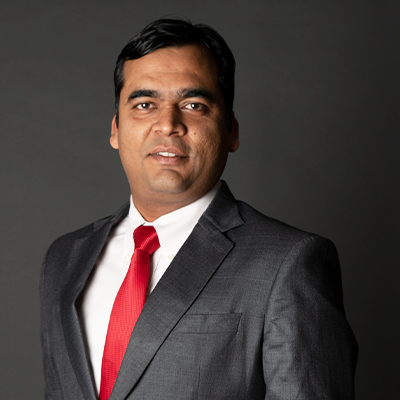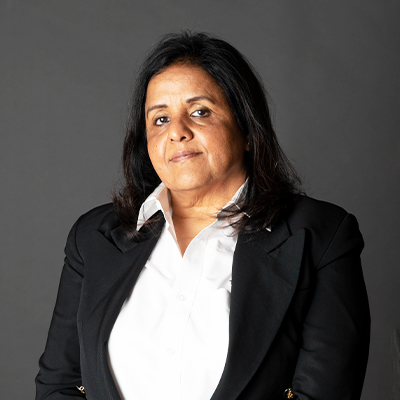The Digital transformation of payments: Empowering telecoms and beyond
The digital transformation of the healthcare industry continues to gain momentum. This shift can be attributed to the rapid advancement of widely applied technologies such as 5G networks, cloud computing, artificial intelligence (AI), and big data.
Moreover, integrating 5G networks with cloud-based healthcare platforms and AI is driving the emergence of intelligent eHealth technology, projected to reach $208 billion by 2030, according to recent reports. Recent research by Grand View Research emphasises that the synergy between 5G and AI is pivotal in transforming healthcare by enabling faster data exchange, reducing latency, and improving the reliability of health solutions. This collaboration aims to revolutionise the healthcare sector by facilitating hyper-personalisation, optimised care, enhanced sales and services, and streamlined operations. Leading venture firms actively invest in healthcare start-ups using AI, fostering a rapidly growing ecosystem of innovative advancements.
As AI and 5G continue to make waves through all industries, healthcare needs to adapt to changes quickly. However, with operational, security, and data privacy concerns, healthcare organisations remain wary. As such, they must analyse their current and future needs to understand how AI and 5G technologies can help fulfil them and establish a comprehensive plan to guarantee its efficient and secure implementation in their practices.
As AI and 5G continue to make waves through all industries, healthcare needs to adapt to changes quickly. However, with operational, security, and data privacy concerns, healthcare organisations remain wary. As such, they must analyse their current and future needs to understand how AI and 5G technologies can help fulfil them and establish a comprehensive plan to guarantee its efficient and secure implementation in their practices.
Recent research by the International Data Corporation (IDC) emphasises that the synergy between 5G and AI could potentially reduce operational costs by up to 20% and improve patient outcomes by enabling more accurate diagnostics and personalised treatments.
5G Integration in eHealth
5G technology stands at the forefront of healthcare reform with its superior data speed and dramatically reduced latency. Tailored to concurrently accommodate multiple connected devices such as sensors, wearables and medical equipment, 5G is truly indispensable in healthcare, allowing IoT devices to seamlessly transmit accurate data for healthcare providers.
It empowers healthcare professionals to handle large, high-definition files like clinical visuals, videos, and real-time patient insights. 5G’s capability for network slicing—dedicating specific network segments for certain uses—simplifies the management of such files. In addition, it optimises the performance of each application, thereby removing the strain on medical staff.
However, the implementation of 5G technology shouldn’t be oversimplified. It’s essential to analyse the potential risks and challenges thoroughly. A principal component to consider is regulatory cybersecurity and data privacy. Given that 5G networks are susceptible to cyber attacks, it falls upon healthcare providers to protect data such as patient information.
Organisations should also consider the financial implications of implementing 5G technology, as it involves a considerable investment in infrastructure and equipment. Therefore, they must balance the potential gains against the costs to ensure the viability of the investment.
Recent discussions at Mobile World Congress 2024 highlighted the critical role of regulatory frameworks in ensuring the secure deployment of 5G in healthcare. Experts advocated for robust cybersecurity measures and collaborative efforts between technology providers and healthcare institutions to mitigate potential risks.
Marrying 5G and AI for Improved eHealth Solutions
Despite the challenges, integrating 5G and AI will pave the way for unprecedented growth within the internal medical ecosystem, enhancing healthcare quality and patient results. For example, deploying data to carry out descriptive-predictive-prescriptive analytics and transmitting the acquired insights using 5G can drastically improve the user experience while helping make informed decisions. Such an approach can assist healthcare organisations in identifying promising healthcare use cases like remote patient monitoring, surgical robotics, and telemedicine.
Moreover, AI-facilitated hyper-personalisation, driven by the profusion of data accessible through 5G networks, can evaluate patient histories, genetic profiles, and lifestyle elements alongside real-time vitals to prescribe tailored advice and treatments. AI can also automate scheduling appointments, streamline supply chain management, and enhance transactions such as claims and prior authorisations. AI-powered chatbots and virtual assistants can deliver real-life support, while patient and customer service applications can provide an enriched experience through increased data accessibility.
AI can also streamline healthcare services by predicting and managing disease outbreaks. Supported by 5G’s capacity for real-time operability, AI systems can instantly analyse patient data, oversee bed availability, and notify medical personnel of potential complications—promoting efficient, effective care delivery.
Finally, AI-empowered fraud detection algorithms operating on 5G networks can analyse copious amounts of data in real time to detect suspicious activities and alert responsible security teams. This can also be applied to security cameras that can detect anomalies in patients’ and visitors’ behaviour and notify appropriate staff members.
A study published in the Journal of Medical Internet Research (JMIR) in 2023 demonstrated that combining AI and 5G in telemedicine significantly improved patient satisfaction and reduced consultation times by 30%.
Shaping an AI Blueprint for 5G eHealth
Integrating AI and 5G technologies can revolutionise disease assessment and surveillance, facilitating more precise diagnostics and tailored treatments. In return, it will drastically improve the standard of care, curbing expenses and boosting efficiency.
Over the next few years, healthcare providers should focus on specific areas where 5G and AI can deliver the most impact. For example, developing telehealth platforms that excel in security, accessibility, and user-friendly interfaces will be paramount. This design aspect is set to thrive, particularly with 5G paving the way for high-definition video consultations, remote patient monitoring, and instant data sharing between patients and healthcare providers.
The precision and availability of diagnostic applications powered by AI and tele diagnostic services will notably increase in tandem with the widespread adoption of 5G. The strategic emphasis should be on enriching its capabilities, ensuring compatibility with existing systems, and seamlessly integrating the tech into existing healthcare processes.
AI-guided care management systems will also play an integral role in eHealth. There is a need to structure these systems to constantly monitor patient progress, suggest highly personalised treatments, and coordinate care across multiple providers while prioritising patient privacy and data protection.
Finally, when it comes to home health monitoring, emphasis should be placed on creating IoT devices that can integrate seamlessly with AI-driven health platforms and securely transmit data; this will be a critical development within the field.
The synergy between 5G technology and AI will continue revolutionising the healthcare industry, offering more customised, efficient, and cost-friendly solutions. By developing a precise AI blueprint for critical eHealth applications and capitalising on the capabilities of 5G, the benefits will drastically outweigh the challenges.
ABOUT THE AUTHOR

Himmat Singh Gill
Vice President of Sales at Tecnotree
Himmat Singh Gill, Vice President of Sales at Tecnotree, is a seasoned leader with a proven track record in strategic sales. A distinguished alumnus of IIM Calcutta , he brings a wealth of knowledge and expertise to the telecommunications industry. His visionary leadership drives Tecnotree's commitment to empower MVNO's through the convergence of AI and 5G technologies with a focus on strategic differentiation, enabling MVNOs to succeed by tailoring services to diverse sectors, including Healthcare, Edutech, Fintech, Gaming, Betting and ensuring MVNO's stand out in a competitive landscape through tailored and differentiated services.

